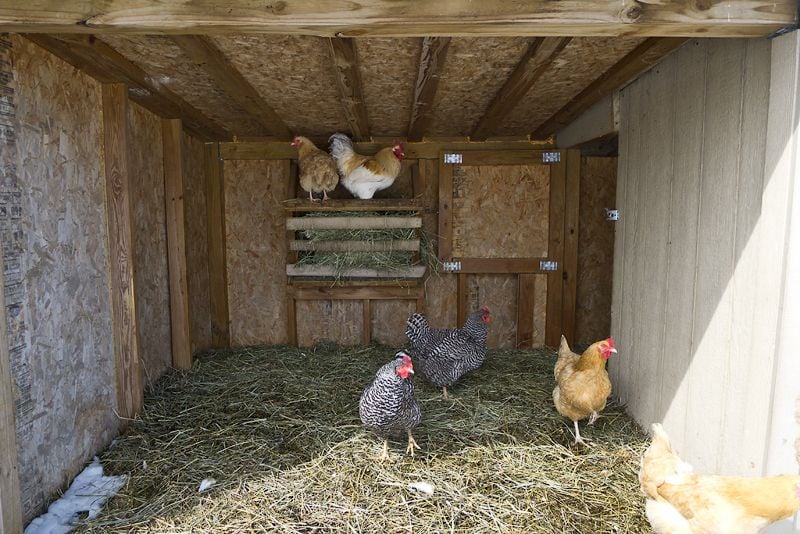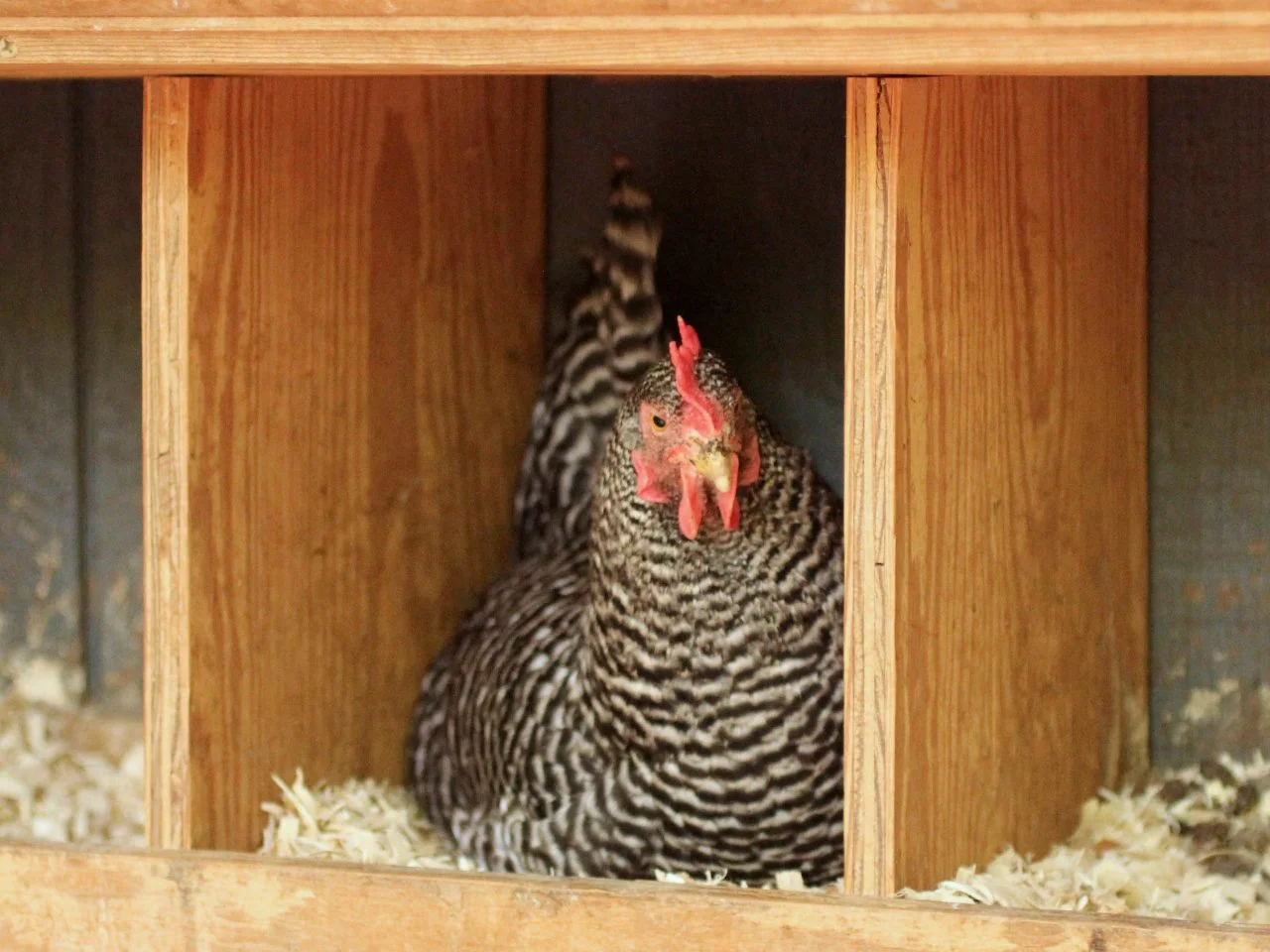When you consider raising chickens, one of the first questions that might come to mind is, do chickens need nesting boxes? This is a common question among both novice and experienced poultry enthusiasts. Providing a suitable environment for your chickens to lay their eggs is crucial, and nesting boxes play a significant role in this.
In this article, we will explore the various aspects of nesting boxes and their importance in chicken husbandry. Let’s dive into the details and understand why nesting boxes are essential for your feathered friends.

What are Nesting Boxes?
Nesting boxes are specially designed spaces where chickens can lay their eggs comfortably. These boxes provide a safe, clean, and private area that encourages hens to lay eggs in a designated spot. A well-designed nesting box can significantly improve egg production and quality.
Why Do Chickens Need Nesting Boxes?
Chickens naturally seek out secluded, dark, and secure areas to lay their eggs. Without nesting boxes, hens might lay their eggs in random spots, making it challenging to collect them and ensuring cleanliness. Nesting boxes help in:
- Providing a designated area for egg-laying
- Ensuring the cleanliness and hygiene of eggs
- Reducing the risk of egg damage or breakage
- Encouraging hens to lay eggs in a consistent location
Optimal Size and Dimensions
When designing or purchasing a nesting box, size plays a crucial role. Typically, a box measuring 12x12x12 inches is suitable for standard breed hens. This size allows the hen to turn around and sit comfortably while laying eggs. For larger breeds, consider increasing the dimensions slightly.
Materials for Nesting Boxes
The material of the nesting box affects its durability, cleanliness, and comfort. Common materials include wood, plastic, and metal. Each has its advantages and disadvantages. For a detailed guide on materials, check out these best chicken nesting materials.
Placement of Nesting Boxes
Where you place the nesting boxes within the coop is also essential. The boxes should be in a quiet, dimly lit area away from the bustle of daily chicken activities. This encourages hens to use the boxes regularly. For further insights, you can read about nesting box location.
How Many Nesting Boxes Do You Need?
A common rule of thumb is to provide one nesting box for every 3-4 hens. This ratio ensures that there are enough boxes for all hens to lay their eggs without overcrowding. Overcrowding can lead to broken eggs and stress among the flock.
Maintaining Nesting Boxes
Regular maintenance of nesting boxes is crucial for ensuring a hygienic environment. This includes:
- Regularly cleaning the boxes to remove droppings and old bedding
- Replacing bedding with fresh materials
- Checking for any broken or damaged parts in the box
Designing Your Own Nesting Boxes
For those interested in a DIY approach, creating your own nesting boxes can be both fun and cost-effective. There are several creative and practical designs available online. For inspiration, visit DIY chicken nesting box ideas.
Common Mistakes to Avoid
While setting up nesting boxes, avoid these common mistakes:
- Placing boxes in high-traffic areas
- Using inappropriate or uncomfortable materials
- Neglecting regular cleaning and maintenance
Conclusion: A Must for Every Coop
In conclusion, do chickens need nesting boxes? Absolutely. Nesting boxes are an integral part of any chicken coop, ensuring a safe and comfortable environment for hens to lay their eggs. By providing appropriate boxes, you encourage regular laying and maintain the health and happiness of your flock.

FAQ
What size should a nesting box be?
A nesting box should ideally be 12x12x12 inches for standard breeds. Adjust the size slightly for larger breeds.
How often should nesting boxes be cleaned?
Nesting boxes should be cleaned at least once a week to maintain hygiene and egg quality.
Can I use hay as nesting material?
Yes, hay can be used as nesting material, but ensure it’s dry and mold-free to prevent health issues.
This article contains affiliate links. We may earn a commission at no extra cost to you.











